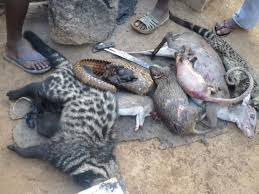What's a BACHELOR in Spanish?

"Hello, I'm a BACHELOR, and these are for you. You're a girl, right?" If you think the word in Spanish is BACHILLER, you are right and not. The problem with this term is not the translation but the meaning it has, different in either language. In English, a BACHELOR (female BACHELORETTE) is a young single man who has never been married. Also, a person with an undergraduate degree from a university is known as a BACHELOR. In Spanish, a BACHILLER is someone who has finished high school and nothing but. Usually, in Ecuador at least, after completing secondary studies a person receives a "Bachelor's Degree" that is really a certificate with no great value for job recruiters.


















